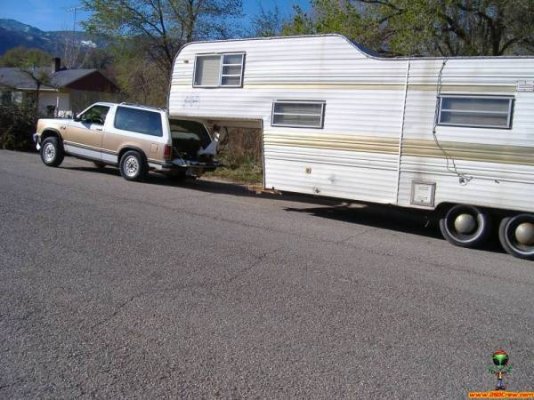Texas Proud
Give me a museum and I'll fill it. (Picasso) Give me a forum ...
- Joined
- May 16, 2005
- Messages
- 17,266
There should be another federally required placard inside the door - the "Tire and Loading Information" sticker. Take a look at the very small print right above the tire inflation chart and you should see a "combined weight of occupants and cargo should never exceed" payload limit for your vehicle. This info is on all cars and trucks sold in the US and has been for years - although I can't find when it became mandatory for mfgs. to include them.
You can see by the example below the payload info isn't prominently displayed, but it is there.
HOLLY MOLLY.... what kind of vehicle has 60 and 70 cold PSI

